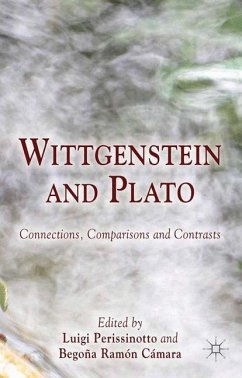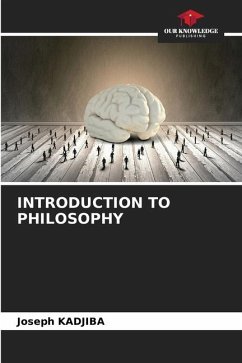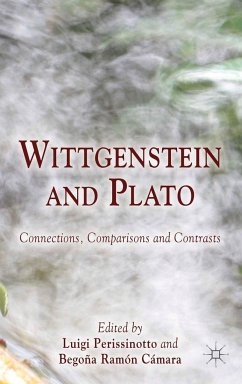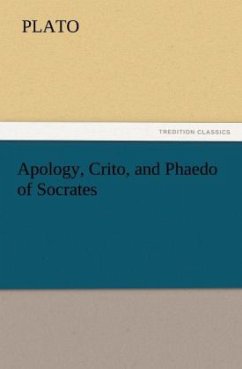Nicht lieferbar

Scheler's Socratesism
The New Perspective of his Phenomenological Ethics
Versandkostenfrei!
Nicht lieferbar
Scheler claimed that "ultimately ethics is 'a damned bloody affair', and if it can give me no directives concerning how 'I' 'should' be and live now in this social and historical context, then what is it?" This remark could be fully understood as Scheler's response to Socrates' question he asked in Platon's Politeia, and the only change Scheler made here is to use the first person 'I'. In this sense, therefore, Scheler's phenomenology of person or phenomenological normative ethics is manifested in a sort of Socratism. This book will focus on discussing Scheler's answer to this question, and on...
Scheler claimed that "ultimately ethics is 'a damned bloody affair', and if it can give me no directives concerning how 'I' 'should' be and live now in this social and historical context, then what is it?" This remark could be fully understood as Scheler's response to Socrates' question he asked in Platon's Politeia, and the only change Scheler made here is to use the first person 'I'. In this sense, therefore, Scheler's phenomenology of person or phenomenological normative ethics is manifested in a sort of Socratism. This book will focus on discussing Scheler's answer to this question, and on that basis, reveal the potential forms of a phenomenological normative ethics. It shows that Scheler's ethics terminates not in a normative theory that posits a table of values or a table of commandments to which a person must conform, but a kind of individualist personalism, where I stand in solidarity with my fellows and seek to become the highest person I can be.











